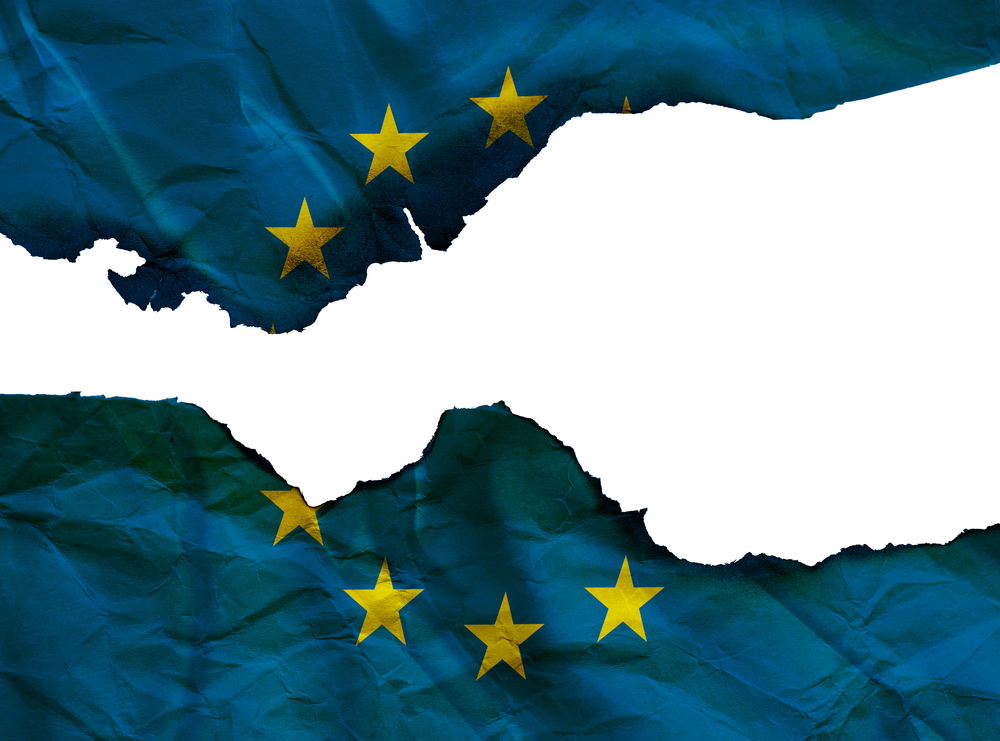
Terrorism cost the European Union an estimated $209 billion in economic losses from 2004 to 2016, with the psychological impacts of witnessing terrorism contributing to negative economic growth and changes in economic behavior, according to a new report by RAND Europe.
The United Kingdom and France both suffered about $50 billion in economic losses, more than any other European Union member country. Ranking third, Spain suffered about $46.4 billion in losses. Germany finished in a distant fourth place with about $22 billion in economic losses.
“Besides the obvious physical devastation and emotional trauma, there is a negative impact on economic growth in the countries where these terrorist attacks take place,” Marco Hafner, a senior economist at RAND Europe who led the analysis, said. “When you bear in mind the infrequent nature of terror events in Europe, the GDP losses that occur to national economies are notable.”
The report also found that self-reported levels of happiness, life satisfaction, and trust have also been diminished by terrorist attacks. Hafner said the report indicates terrorist attacks lead to “a range of psychological effects” that change the economic behaviors of people and companies.
“For instance, some people may value their future less and ‘live in the moment more,” Hafner continued. “These effects can impact how people consume and save, potentially leading to an increase in consumption and decrease in savings and investment rates by companies. The end result is economic losses across Europe.”
RAND Europe economists used econometric modeling techniques to quantify the impact terrorism had on GDP growth per capita from 2004 to 2016 across all 29 EU member-countries. The report suggested policy options to address the economic declines, including greater coordination and knowledge sharing on counter-terrorism and radicalization among EU countries.




